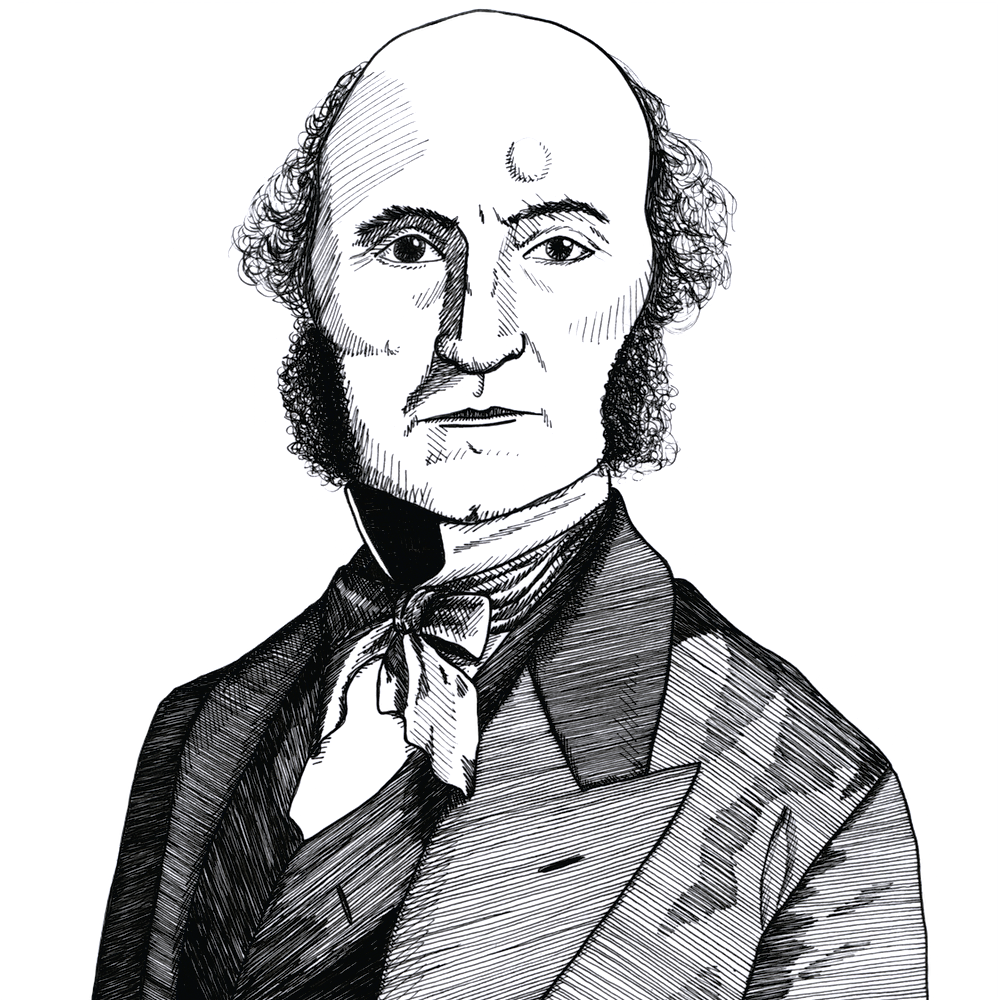
John Stuart Mill discusses the origins of the state whereby the “productive class” seeks protection from one “member of the predatory class” in order to gain some security of property (1848)
Found in: The Collected Works of John Stuart Mill, Volume III - Principles of Political Economy Part II
In a chapter on the function of government in The Principles of Political Economy (1848) John Stuart Mill observed how the state (or the predatory class) forces the productive classes into a condition of uncertainty, insecurity, and dependence:
Class
There is no need to expatiate on the influence exercised over the economical interests of society by the degree of completeness with which this duty of government [the protection of person and property] is performed. Insecurity of person and property, is as much as to say, uncertainty of the connexion between all human exertions or sacrifice, and the attainment of the ends for the sake of which they are undergone. It means, uncertainty whether they who sow shall reap, whether they who produce shall consume, and they who spare to-day shall enjoy to-morrow. It means, not only that labour and frugality are not the road to acquisition, but that violence is. When person and property are to a certain degree insecure, all the possessions of the weak are at the mercy of the strong. No one can keep what he has produced, unless he is more capable of defending it, than others who give no part of their time and exertions to useful industry are of taking it from him. The productive classes, therefore, when the insecurity surpasses a certain point, being unequal to their own protection against the predatory population, are obliged to place themselves individually in a state of dependence on some member of the predatory class, that it may be his interest to shield them from all depredation except his own. In this manner, in the Middle Ages, allodial property generally became feudal, and numbers of the poorer freemen voluntarily made themselves and their posterity serfs of some military lord.